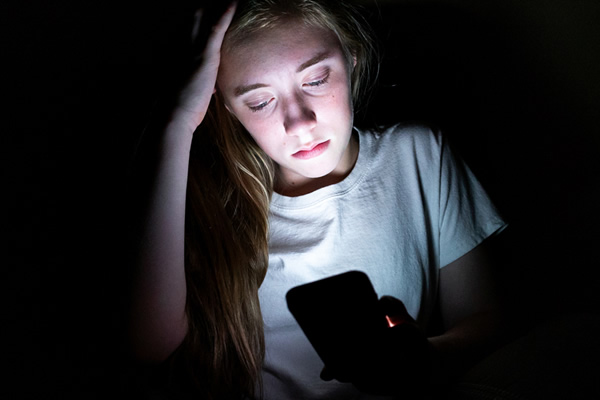
In an era where social connectivity often means virtual interactions and digital engagements, the concept of social isolation has taken on new dimensions. While physical proximity may no longer be a necessity for communication, the absence of meaningful human connection can still cast profound shadows on mental well-being. The effects of social isolation on mental health have long been a subject of interest for researchers and healthcare professionals alike, particularly as modern lifestyles tend to amplify feelings of disconnection.
The Anatomy of Social Isolation
Impact on Mental Health

The effects of social isolation on mental health, particularly regarding the profound sense of loneliness and alienation that often accompanies prolonged periods of social disconnection, are multifaceted and far-reaching. Human beings are inherently social creatures, wired to seek companionship and support from others. When these fundamental needs are unmet, as is common during periods of isolation, it can trigger a cascade of negative emotions, including sadness, anxiety, and despair.
Moreover, social isolation has been closely linked to an increased risk of developing mental health disorders such as depression and anxiety. The absence of social support networks can exacerbate existing psychological vulnerabilities and amplify feelings of hopelessness and worthlessness. Individuals may find themselves trapped in a cycle of negative rumination, unable to escape the grip of their own thoughts.
Physical Health Ramifications
Vulnerability Across the Lifespan

Navigating the Challenges
Addressing the effects of social isolation on mental health requires a multifaceted approach that encompasses both individual and societal interventions. At the individual level, fostering meaningful connections through activities such as joining community groups, volunteering, or engaging in hobbies can provide avenues for social engagement. Cultivating self-awareness and practicing self-compassion are also crucial in mitigating the impact of loneliness on mental well-being.
On a broader scale, initiatives aimed at reducing the stigma surrounding mental health and promoting inclusive communities can help create environments where individuals feel valued and supported. Investing in accessible mental health resources and support services is essential in ensuring that those experiencing social isolation have avenues for seeking help and support.
Effects of Social Isolation on Mental Health
Social isolation can have profound effects on mental health. Here are some of the common impacts:
- Increased Risk of Depression and Anxiety: Lack of social interaction can lead to feelings of loneliness, which are strongly associated with depression and anxiety disorders. When individuals are isolated for prolonged periods, they may ruminate on negative thoughts, exacerbating these conditions.
- Cognitive Decline: Social interaction plays a crucial role in maintaining cognitive function. Without regular social stimulation, cognitive decline may occur more rapidly, leading to problems with memory, attention, and other cognitive processes.
- Stress and Hypersensitivity: Social isolation can increase stress levels as individuals lack the emotional support and buffering effects of social relationships. Moreover, isolated individuals may become hypersensitive to social cues, leading to heightened stress responses in social situations.
- Decreased Self-Esteem and Self-Worth: Social connections often provide validation and support, which contribute to a sense of self-worth. Without these connections, individuals may experience decreased self-esteem and feelings of inadequacy.
- Sleep Disturbances: Social isolation can disrupt sleep patterns, leading to difficulties falling asleep or staying asleep. This disruption may be due to increased stress, anxiety, or changes in daily routines.
- Physical Health Problems: Social isolation has been linked to various physical health problems, including cardiovascular issues, weakened immune function, and even a shortened lifespan. The lack of social support may contribute to unhealthy behaviors such as poor diet, lack of exercise, and substance abuse.
- Increased Risk of Suicide: Prolonged social isolation is a significant risk factor for suicidal ideation and behavior. Feelings of loneliness and hopelessness can become overwhelming for individuals who lack social connections and support.
- Impaired Social Skills: Without regular social interaction, individuals may experience a decline in their social skills, making it more challenging to initiate and maintain relationships in the future.
Conclusion
In an increasingly interconnected world, the paradox of social isolation persists as a silent epidemic, casting shadows on mental health and well-being. Recognizing the profound impact of social disconnection on individuals is the first step toward fostering a culture of empathy and understanding. By fostering inclusive communities and prioritizing meaningful human connections, we can navigate the depths of social isolation and emerge stronger, more resilient, and more connected than ever before.


